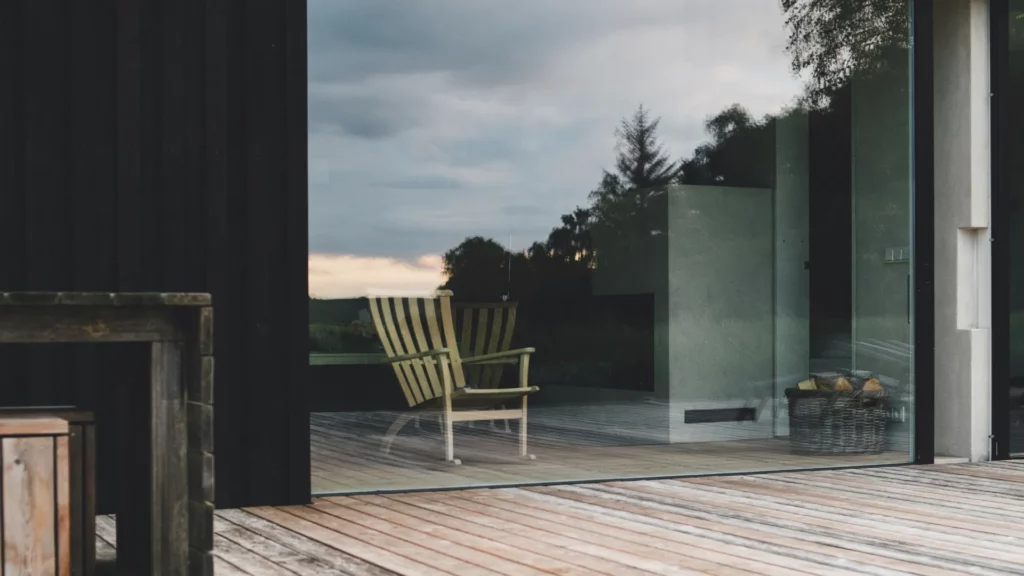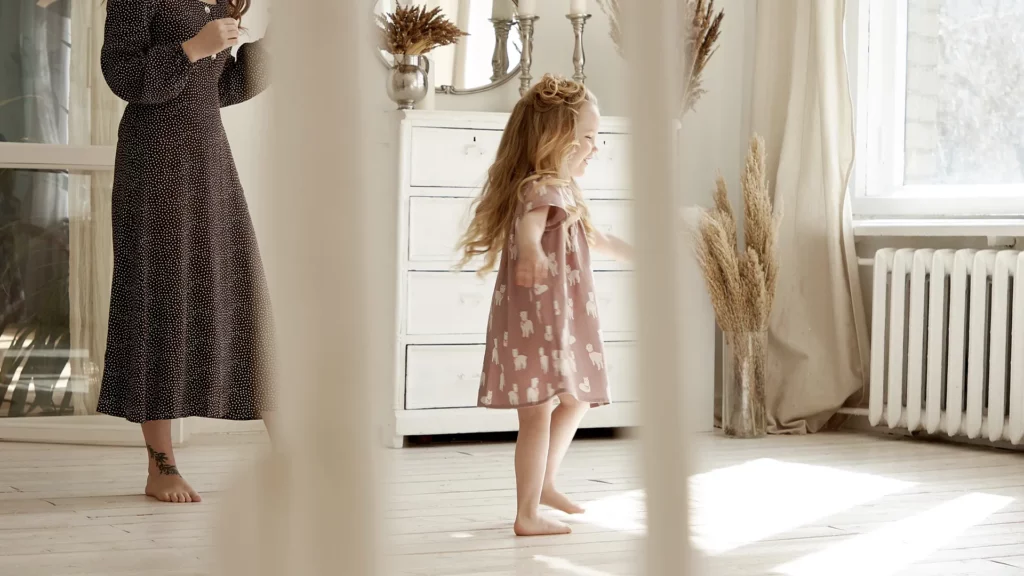If you’re not familiar with home inspections, then you might have a lot of questions about what gets inspected, how thorough the inspectors are, why you even need one, and what you can expect if you’re walking with an inspector through the house you’re hoping to buy.
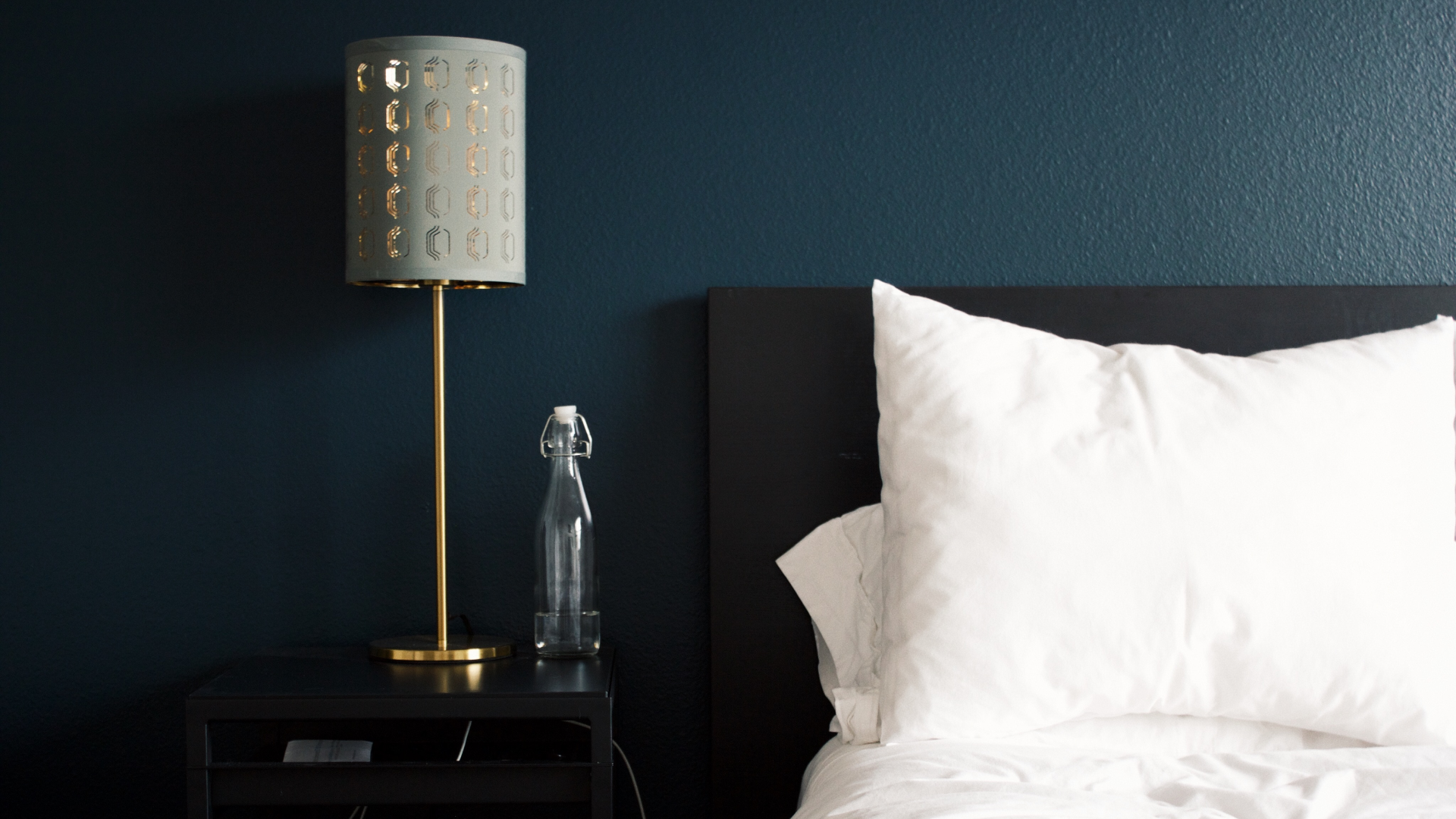
What is a home inspection?
A home inspection is an event that is basically exactly what the name implies: A home inspector walks through the home, looks at specific elements and features of the house, and then provides a report about anything that needs to be repaired.
Why would I want a home inspection?
An inspection is a good idea anytime you want a full rundown on any issues or problems with your house.
If you’re already living there, it’s a lot less necessary than if you’re buying the home — when you will most definitely want an inspector to check for any potential red flags.
They’ll be your problem after closing, and big issues can sometimes affect the insurability of your house (which, in turn, affects your loan eligibility), so home inspections are most common after an offer is made on a house but before the closing finalizes the deal.
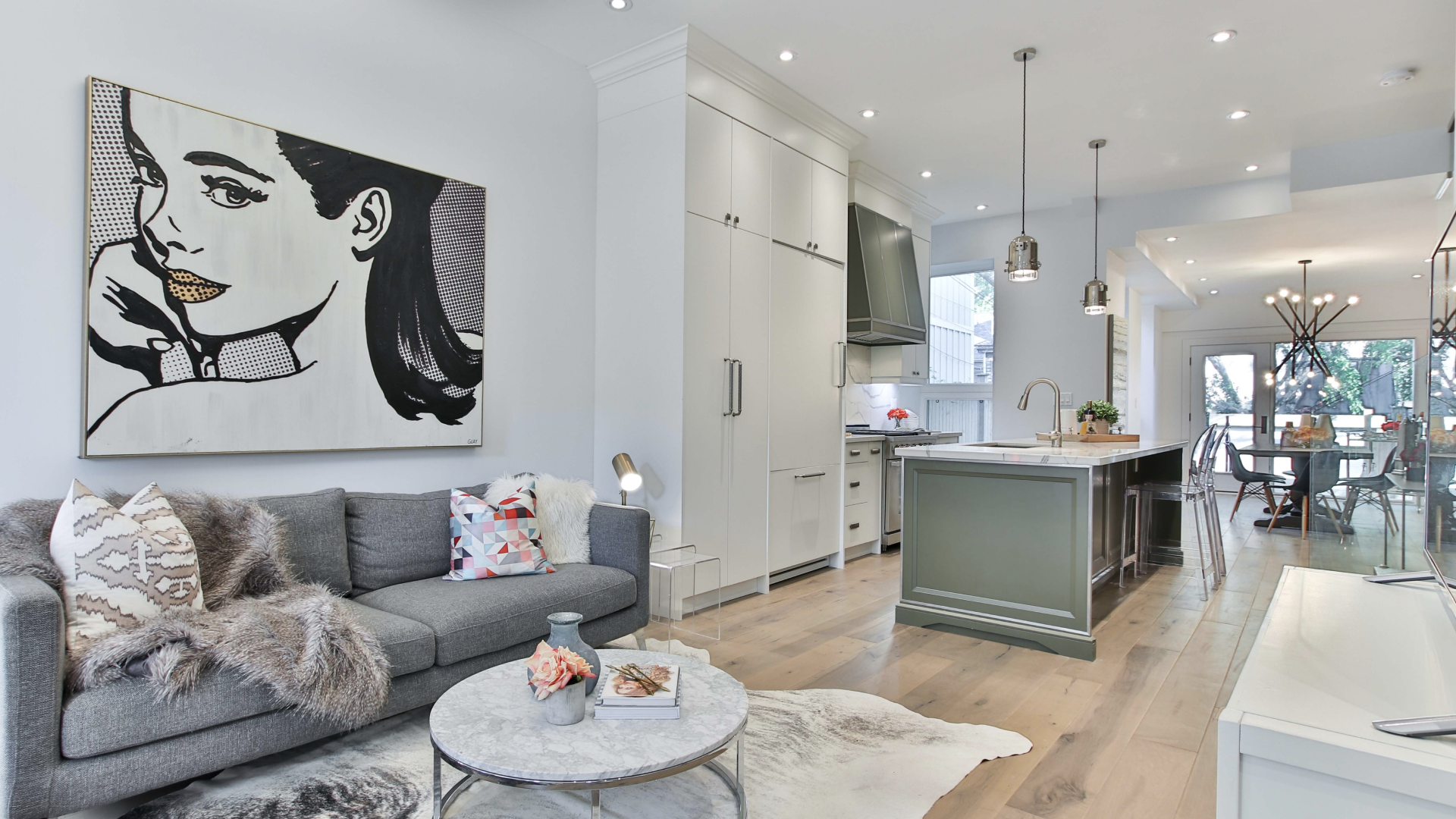
What does the home inspector look at?
There are six essential parts of an inspection that you can expect every inspector to hit. They are:
- the roof and attic,
- the basement and foundation,
- the plumbing,
- the electrical setup,
- the heating or air conditioning systems,
- the interior of the house,
- the exterior of the house.
Depending on where you live and what common problems tend to manifest in the homes, you might also want to think about hiring a pest inspector, a sewer line inspector, or even ask about an engineering report to evaluate the home and plot’s structure and stability.
And in areas where radon is prevalent, or where there’s a lot of humidity, you may also want to ask about radon or mold testing (some home inspectors do this as an add-on part of the package).
How much does it cost?
The price of the home inspection is going to depend on the size of the house. You can typically expect to spend around $300 on a home inspection, but smaller properties (less than 1,000 square feet) might cost only $200, whereas larger homes (more than 2,000 square feet) cost upwards of $400 to inspect. Ask an inspector or a real estate agent in your area what they usually cost to get a closer estimate.
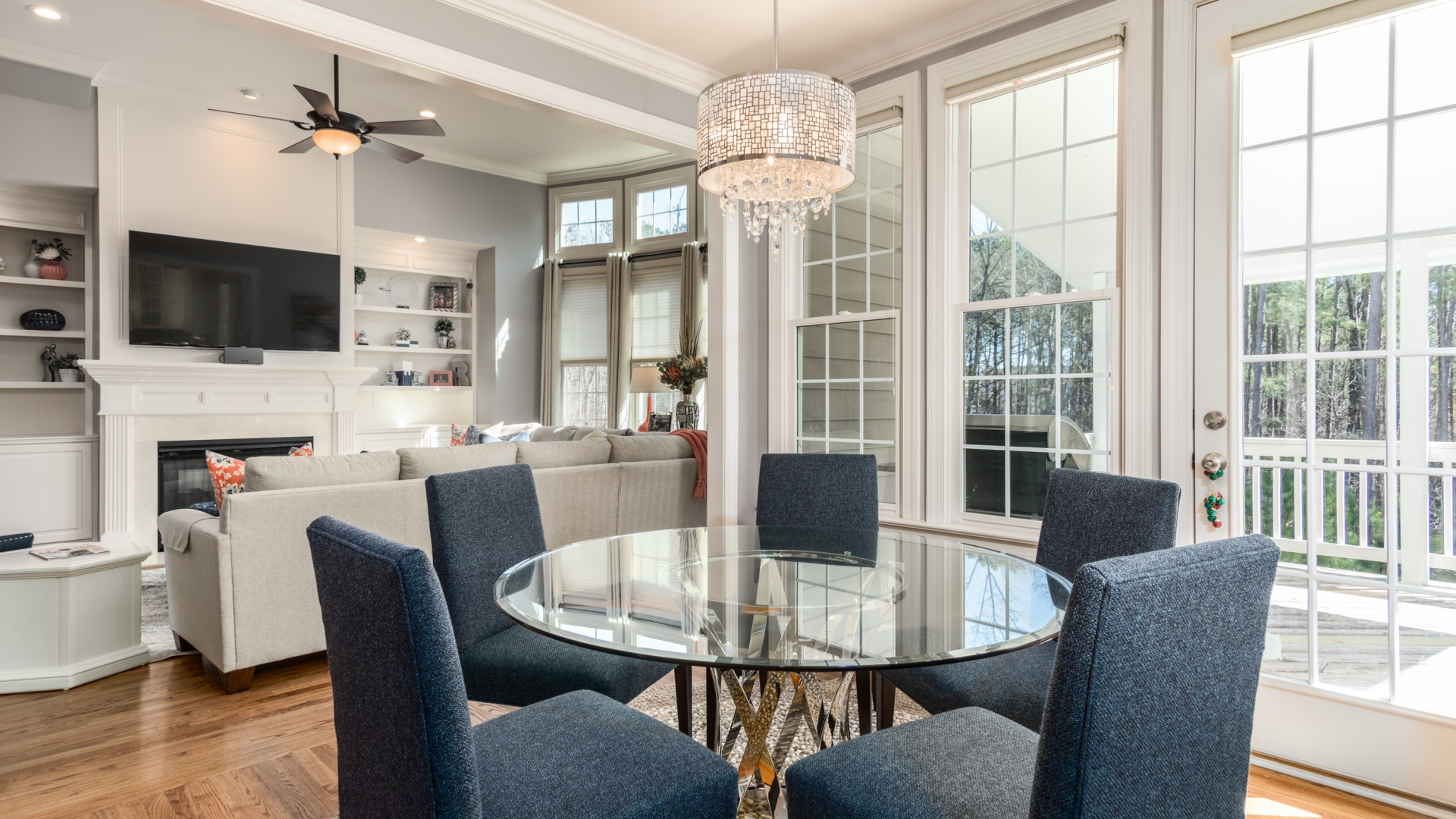
Do you need an inspector for a new house?
It’s always a good idea to get a home inspection — even in a brand-new house. You don’t want to find out there’s a problem after you move in, and an inspection is the best way to figure that out. So follow the “trust, but verify” process with your builder: Trust that they did their very best to get your home in the best condition possible … then verify that they did just that with an official inspection.
Should you attend the inspection?
It’s usually a smart idea for the buyer to attend the inspection in case they have questions for the inspector or want to follow up on any notes the inspector makes. Many inspectors today use new technologies that allow them to include photos of any issues or potential problems, but there’s nothing like being there in person to better understand exactly what’s wrong and how to fix it.
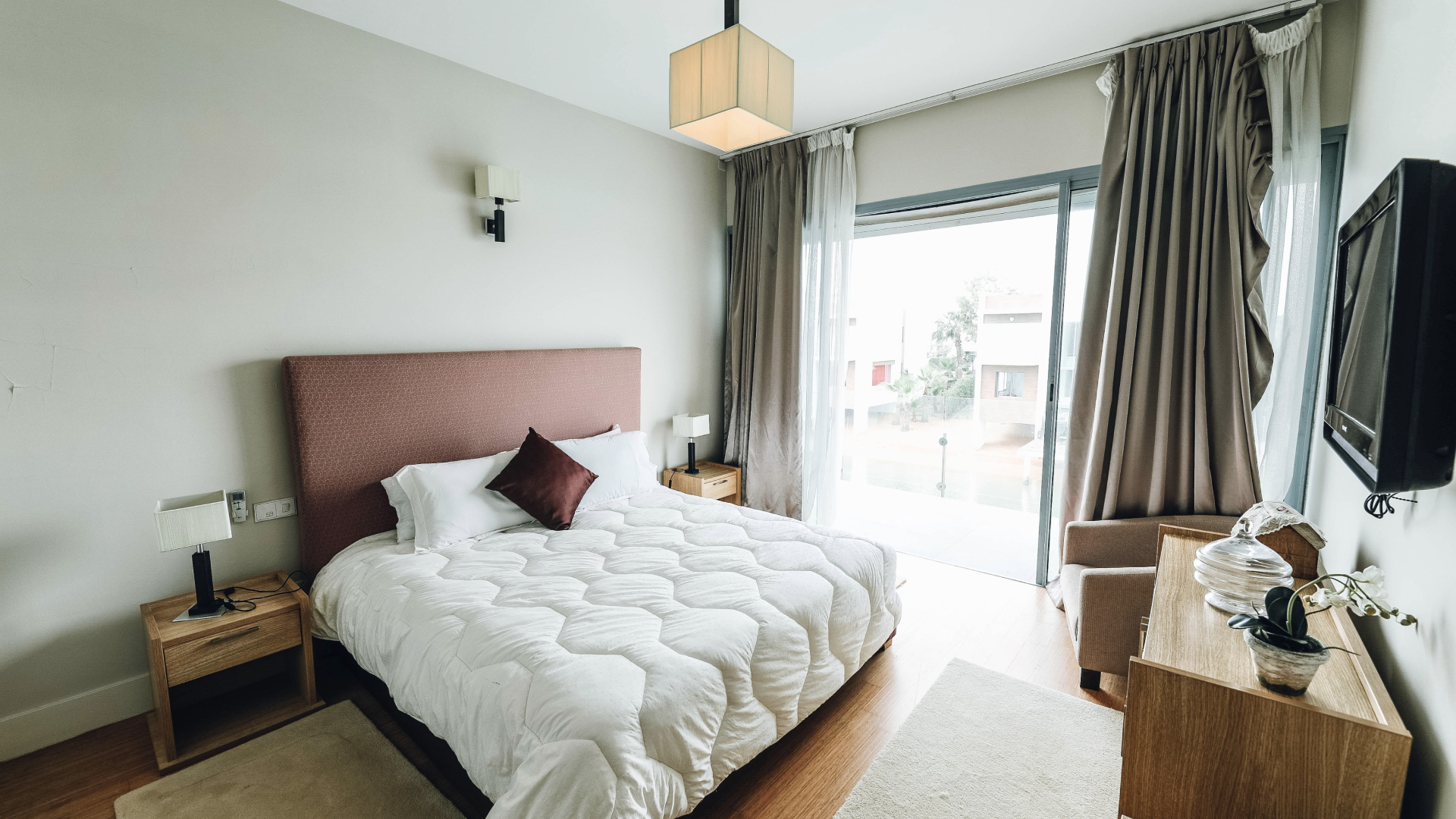
What happens if a problem is uncovered?
If everything is not in good shape with the home you’re about to buy, there are options. Usually, when this happens, the buyers and the sellers start negotiating again — this time, to figure out who’s going to pay for the necessary repairs.
Buyers might be able to ask for some money to be knocked off the final sales price to accommodate for the problem, or sellers might decide to go ahead and fix it before closing.
If everyone can come to an agreement that suits everybody, then the sale can move forward.

